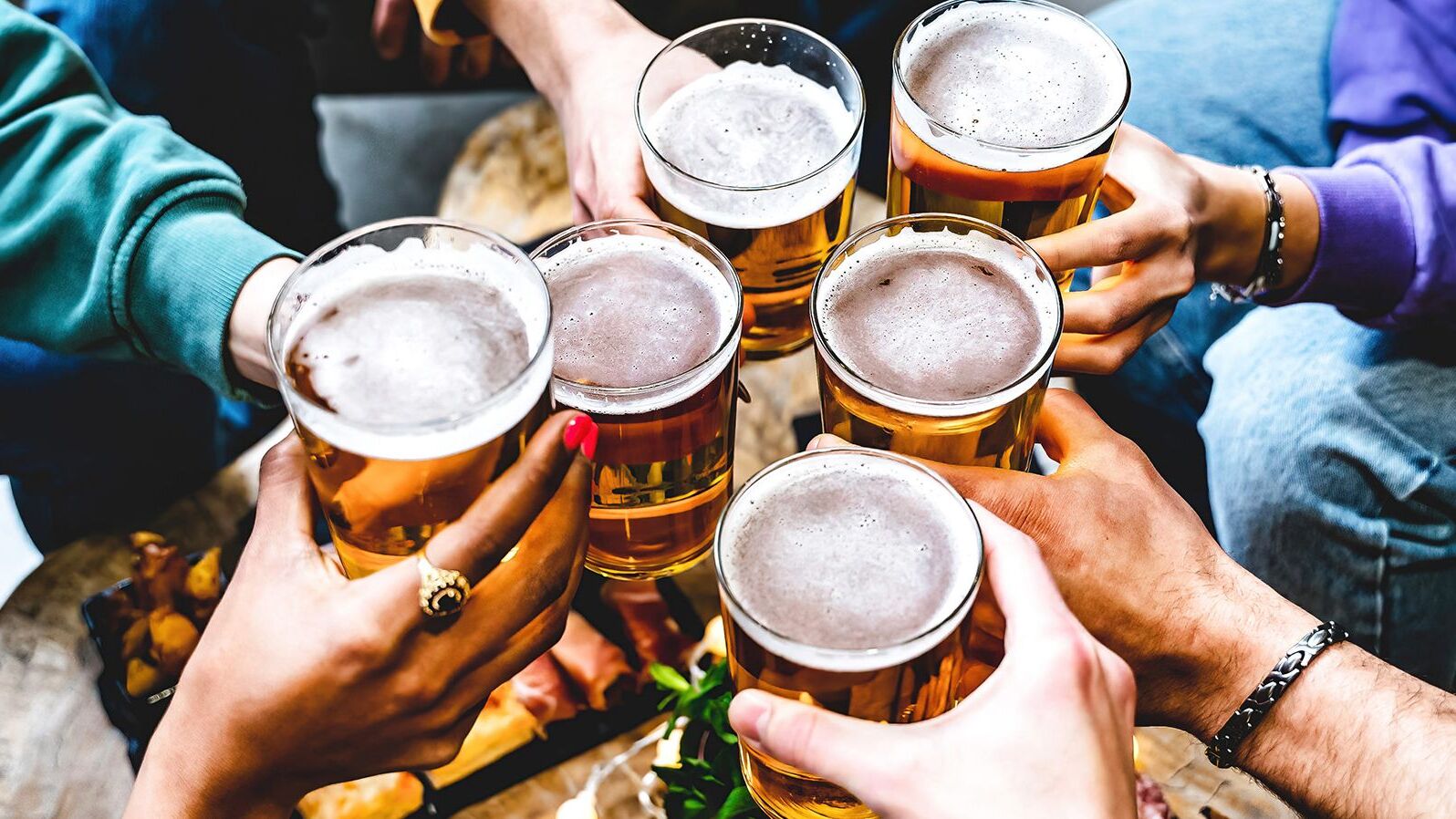
Ever wondered why the legal drinking age varies across the globe? The legal drinking age is a hot topic, sparking debates and discussions everywhere. In the United States, it's set at 21, but in many other countries, it's 18 or even lower. This difference raises questions about safety, culture, and responsibility. Why do some places allow younger people to drink while others don't? Understanding these laws can shed light on societal values and health concerns. Let's dive into 23 intriguing facts about the legal drinking age that will give you a clearer picture of this complex issue. Buckle up for a fascinating journey through laws, history, and cultural norms!
Key Takeaways:
- Legal drinking ages vary widely around the world, from 18 in the UK to 21 in the US. Different countries have different reasons for setting their drinking age, from health concerns to cultural norms.
- Despite strict laws, there are often exceptions and loopholes, such as religious ceremonies and parental consent. Enforcement and penalties for underage drinking also vary greatly from country to country.
Legal Drinking Age Around the World
Understanding the legal drinking age can be fascinating. Different countries have their own rules and regulations. Here are some intriguing facts about the legal drinking age worldwide.
-
United States: The legal drinking age is 21. This law was established by the National Minimum Drinking Age Act of 1984.
-
Canada: Varies by province. In Alberta, Manitoba, and Quebec, it's 18. In other provinces, it's 19.
-
United Kingdom: Legal drinking age is 18. However, 16 and 17-year-olds can drink beer, wine, or cider with a meal if accompanied by an adult.
-
Germany: At 16, you can drink beer and wine. Spirits are allowed at 18.
-
Japan: Legal drinking age is 20. This aligns with the age of adulthood in Japan.
-
Australia: Uniformly set at 18 across all states and territories.
-
India: Varies significantly. Some states have it set at 18, others at 21, and a few states like Gujarat have prohibition.
-
Russia: Legal drinking age is 18. However, enforcement can be lax in some areas.
Historical Changes in Drinking Age
The legal drinking age hasn't always been the same. Over time, many countries have adjusted their laws.
-
United States: Before 1984, many states had lower drinking ages, some as low as 18.
-
United Kingdom: In the 19th century, there was no legal drinking age. The first restrictions came in the early 20th century.
-
Australia: The drinking age was 21 until the 1970s when it was lowered to 18.
-
Canada: Some provinces had a drinking age of 21 until the 1970s when it was lowered to 18 or 19.
Reasons Behind Legal Drinking Age
The reasons for setting a legal drinking age vary. They often reflect cultural, health, and safety concerns.
-
Health Concerns: Many countries set the drinking age at 21 to protect young people's developing brains.
-
Traffic Safety: Studies showed that higher drinking ages reduced traffic accidents among young drivers.
-
Cultural Norms: In some cultures, drinking is a rite of passage, influencing the legal age.
-
Historical Context: Historical events, like Prohibition in the U.S., have shaped current laws.
Exceptions and Loopholes
Even with strict laws, there are often exceptions and loopholes.
-
Religious Ceremonies: In some countries, minors can drink alcohol during religious ceremonies.
-
Parental Consent: In some places, parents can legally allow their children to drink at home.
-
Medical Reasons: Alcohol can be legally consumed by minors for medical purposes in some countries.
-
Private Property: In some regions, drinking laws are less strict on private property.
Enforcement and Penalties
Enforcement of drinking age laws varies widely, as do the penalties for breaking them.
-
Strict Enforcement: Countries like the U.S. have strict enforcement and severe penalties for underage drinking.
-
Lax Enforcement: In some countries, like Italy, enforcement is more relaxed.
-
Penalties: Penalties can range from fines to imprisonment, depending on the country and the severity of the offense.
Final Thoughts on Legal Drinking Age
Understanding the legal drinking age across different countries can be eye-opening. It highlights cultural differences and societal norms. Some places set the age at 18, while others wait until 21. These laws aim to reduce alcohol-related harm and promote responsible drinking. It's crucial to know the rules if you plan to travel or live abroad. Ignorance of the law isn't an excuse and can lead to serious consequences. Always check local regulations before consuming alcohol in a new country. This knowledge not only keeps you safe but also shows respect for the host country's laws. Whether you're a seasoned traveler or just curious, being informed about the legal drinking age is always beneficial. Stay safe, drink responsibly, and respect the laws wherever you go.
Frequently Asked Questions
Was this page helpful?
Our commitment to delivering trustworthy and engaging content is at the heart of what we do. Each fact on our site is contributed by real users like you, bringing a wealth of diverse insights and information. To ensure the highest standards of accuracy and reliability, our dedicated editors meticulously review each submission. This process guarantees that the facts we share are not only fascinating but also credible. Trust in our commitment to quality and authenticity as you explore and learn with us.
